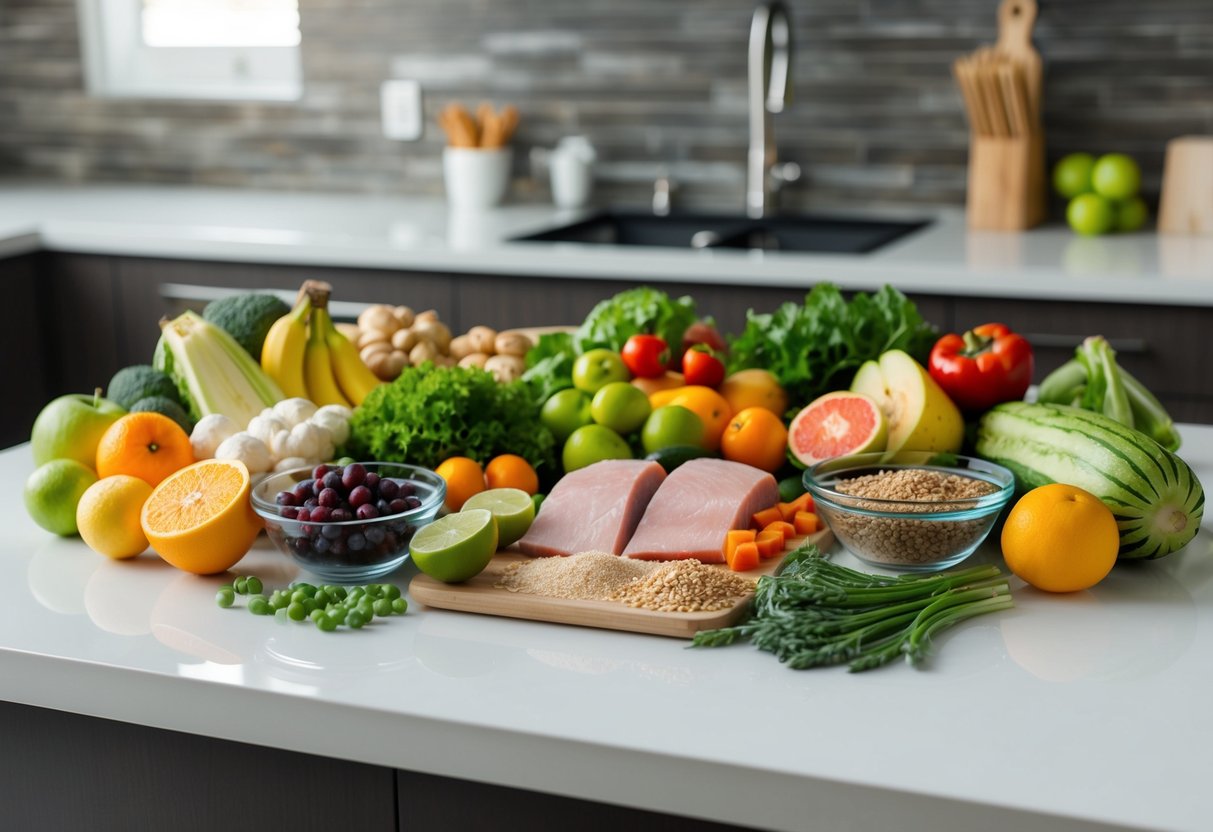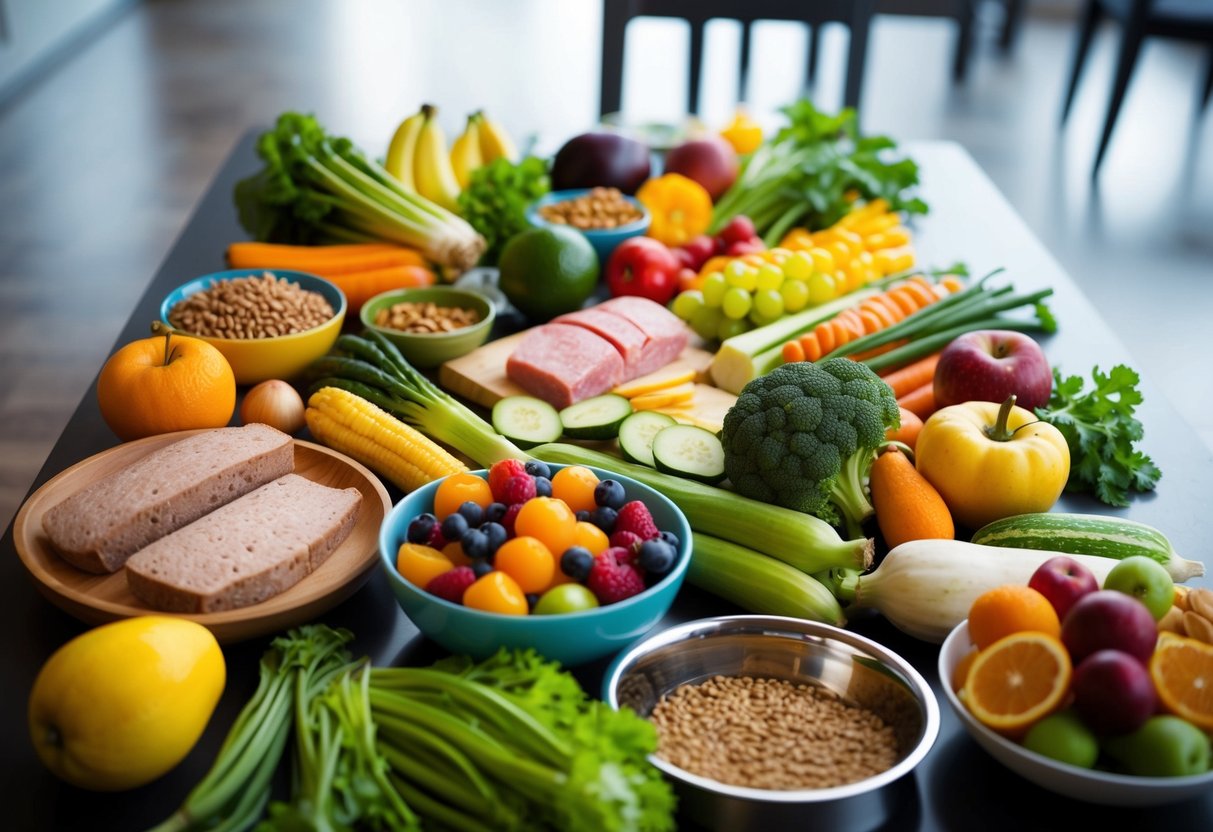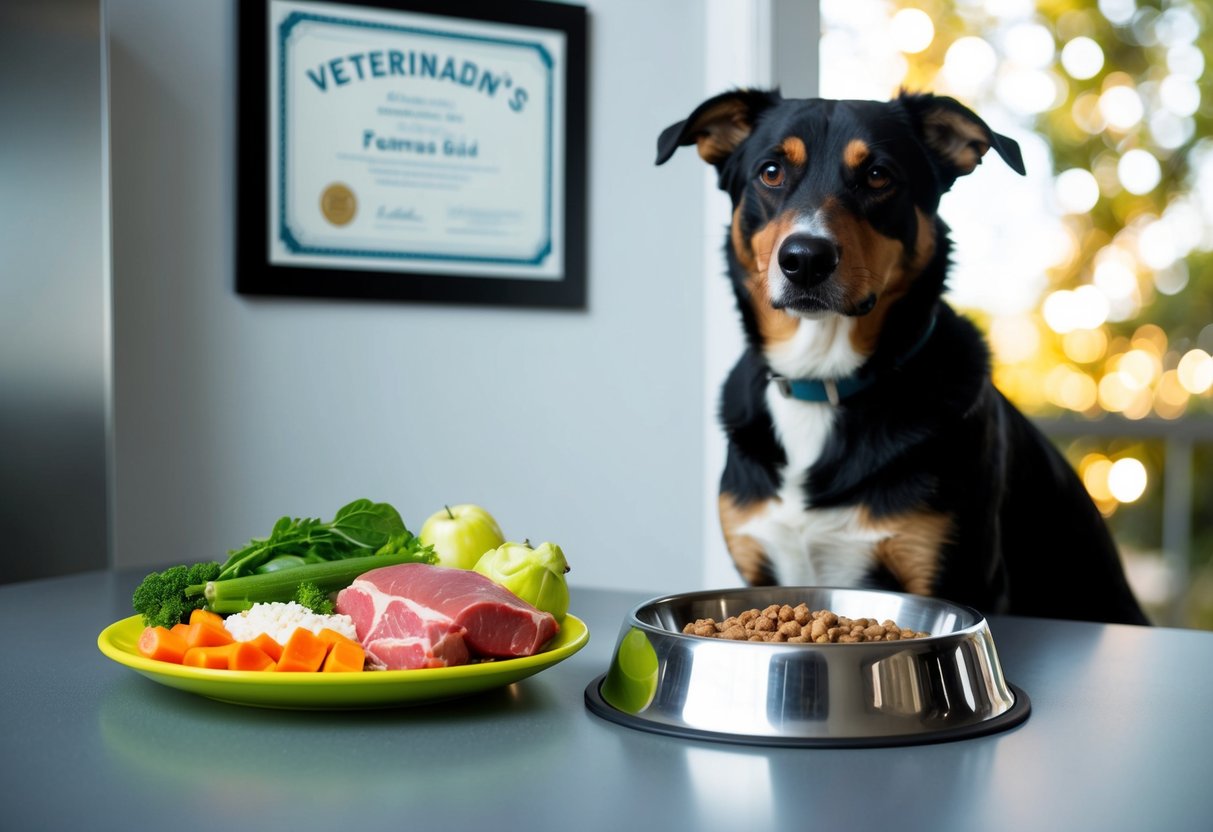
Constructing a Balanced Diet Plan

Creating a balanced diet for your pet involves carefully considering the proportions of essential nutrients and including necessary supplements to support their overall health. A well-planned diet ensures that your pet receives the optimal benefits from all the ingredients.
Ratio of Protein, Vegetables, and Carbs
A balanced diet typically comprises the right mix of proteins, vegetables, and carbohydrates. Proteins are vital for muscle growth and repair. Sources such as chicken, beef, and fish should make up about 30-40% of the diet.
Vegetables provide essential vitamins and minerals. They should constitute around 30% of the meal. Options like carrots, spinach, and peas are excellent choices. Avoid toxic vegetables such as onions and garlic.
Carbohydrates are another important component, making up roughly 20-30% of the diet. They offer energy and aid digestion. Brown rice, sweet potatoes, and oats are suitable sources. The goal is to maintain a balance that meets your pet’s nutritional requirements without leading to excess weight gain.
Adding Supplements and Vitamins
Supplements and vitamins can address specific dietary gaps. For instance, Omega-3 and Omega-6 fatty acids support a healthy coat and skin. These can be found in fish oil or flaxseed oil.
Calcium and phosphorus are crucial for bone health. They can be added through dietary supplements if the diet lacks sufficient amounts from natural sources.
Multivitamins might be necessary for older pets or those with specific health conditions. Always consult a veterinarian before including any supplements to ensure they are appropriate for your pet.
This methodical approach helps in constructing a diet plan that enhances your pet’s overall well-being and promotes long-term health.
Hydration and the Importance of Water Intake

Ensuring your pet stays properly hydrated is crucial for its overall health. Water plays a vital role in nearly all bodily functions, including digestion, circulation, and temperature regulation. Pets require a constant supply of fresh water to stay healthy and active.
An adequate water intake helps to prevent urinary tract issues and supports kidney function. Cats and dogs should always have access to clean drinking water. Keeping an eye on their water bowl levels helps to ensure they are drinking enough.
Factors like activity level, diet, and weather can influence your pet’s hydration needs. Pets eating dry kibble may require more water compared to those consuming wet food. Active pets or those in hotter climates will also need to drink more frequently.
Monitoring signs of dehydration is important. Symptoms can include dry gums, lethargy, and decreased skin elasticity. If these signs appear, it’s crucial to consult a veterinarian promptly.
Hydration isn’t just about drinking water. Some pets may benefit from moistening their food or using water fountains to encourage them to drink more. Regularly change the water to keep it appealing.
In summary, maintaining proper hydration is essential for your pet’s health. Always ensure they have access to fresh, clean water, and be aware of their specific hydration needs. Such attention helps to keep your pet vibrant and healthy.



